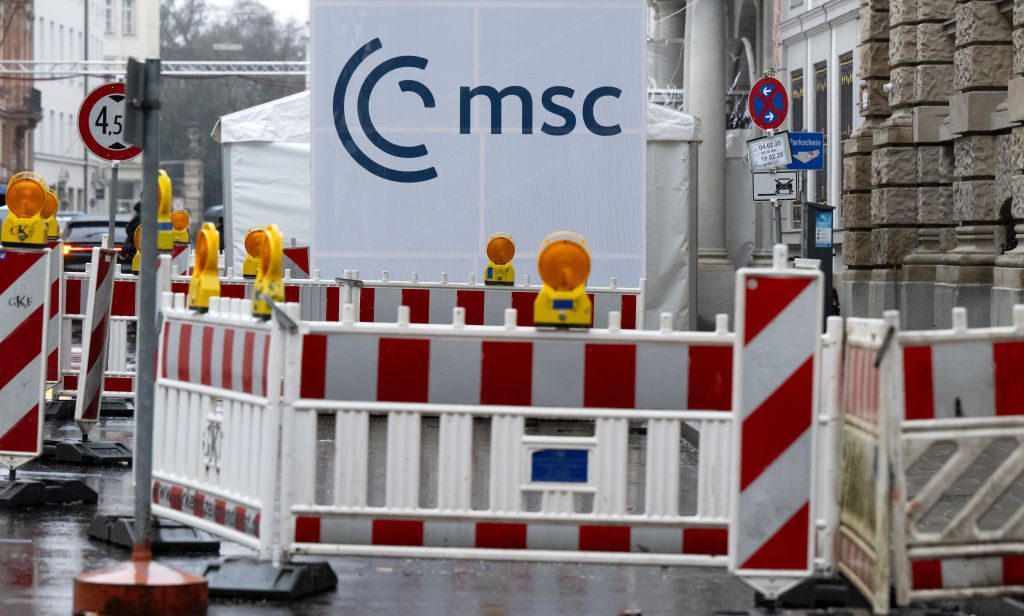
Munich, Germany – By Sunday morning, the Bayerischer Hof was nearly out of camomile tea.
This detail succinctly reflects the mood of the European collective at the 61st Munich Security Conference, held annually in February within the historic yet increasingly dated Bayerischer Hof hotel, which mirrors Europe’s own struggle with its lingering legacy of former glory.
The intense frustration and dismay over the past week—coupled with the unsettling realization among Europeans that they may not even have a seat at the table for discussions to resolve Russia’s conflict in Ukraine—has fostered an atmosphere reminiscent of a waiting room in an undertaker’s office.
As diplomats lingered in the hotel’s ornate corridors on Sunday, they grappled with the news that negotiations on a peace agreement with Russia, led by Trump officials, are set to commence in Saudi Arabia next week.
“Before Wednesday, we still slept soundly; afterwards—well, not so much,” commented a seasoned Western European diplomat while sipping coffee.
“This hangover feels much more intense than usual,” the diplomat added.
At this conference, it’s a common theme that absent figures dominate the conversation. This sentiment has intensified since Russia’s large-scale invasion of Ukraine shortly after the 2022 conference.
But rest assured, while some are not physically present, they are certainly being discussed. Putin is likely tuning in, while Trump probably has his eyes glued to Fox News.
Meeting with Uncle Sam
During the conference, the European representatives often rolled their eyes at the American tendency to lecture Ukrainians on the virtues of ending the conflict. One official even needed repeated corrections for inaccurately stating the duration of the war.
Yet, the prevailing power dynamic left little room for any satisfaction.
The Europeans expressed significant frustration over their inability to secure meetings with American officials, who seemed preoccupied with providing briefings and conducting interviews for their home media outlets.
“We really tried to arrange a meeting,” noted a protocol officer from a European delegation. “They were in high demand and, for many of us, just out of reach.”
The message was clear: Despite all of Europe’s ongoing discussions, the US appears to engage only when it suits them.
“You Europeans like to talk and take a long time to formulate actual solutions,” an American security consultant at the Bayerischer Hof’s Falk Bar remarked. “But it seems Trump has already made his decisions.”
Every Crisis Brings Opportunities
In the evenings, as structured panel discussions transitioned into lively bar conversations fueled by drinks, some delegates expressed a different sentiment.
Beneath the visible frustration over JD Vance’s tirade and a general anxiety about Europe’s role as a bystander in determining its own future, several diplomats privately conveyed a sense of relief at the shift towards peace—though they preferred to keep this off the record.
Representatives from the defense industry were also more optimistic about their experiences at this conference than in previous years.
After all, war can be beneficial for business—at least in theory. While crises may create prospects, they can equally result in paralysis, akin to a deer caught in headlights.
Defense contractors are keenly watching to see if Trump’s jolt to Europe translates into significant defense spending and full order books.
They might be wise to keep a pot of camomile tea at hand while they wait.
*Reporting contributed by Aurélie Pugnet.
[OM]









